The bitterness of automakers: working hard on products, yet facing indifferent market feedback
![]() 09/08 2024
09/08 2024
![]() 569
569
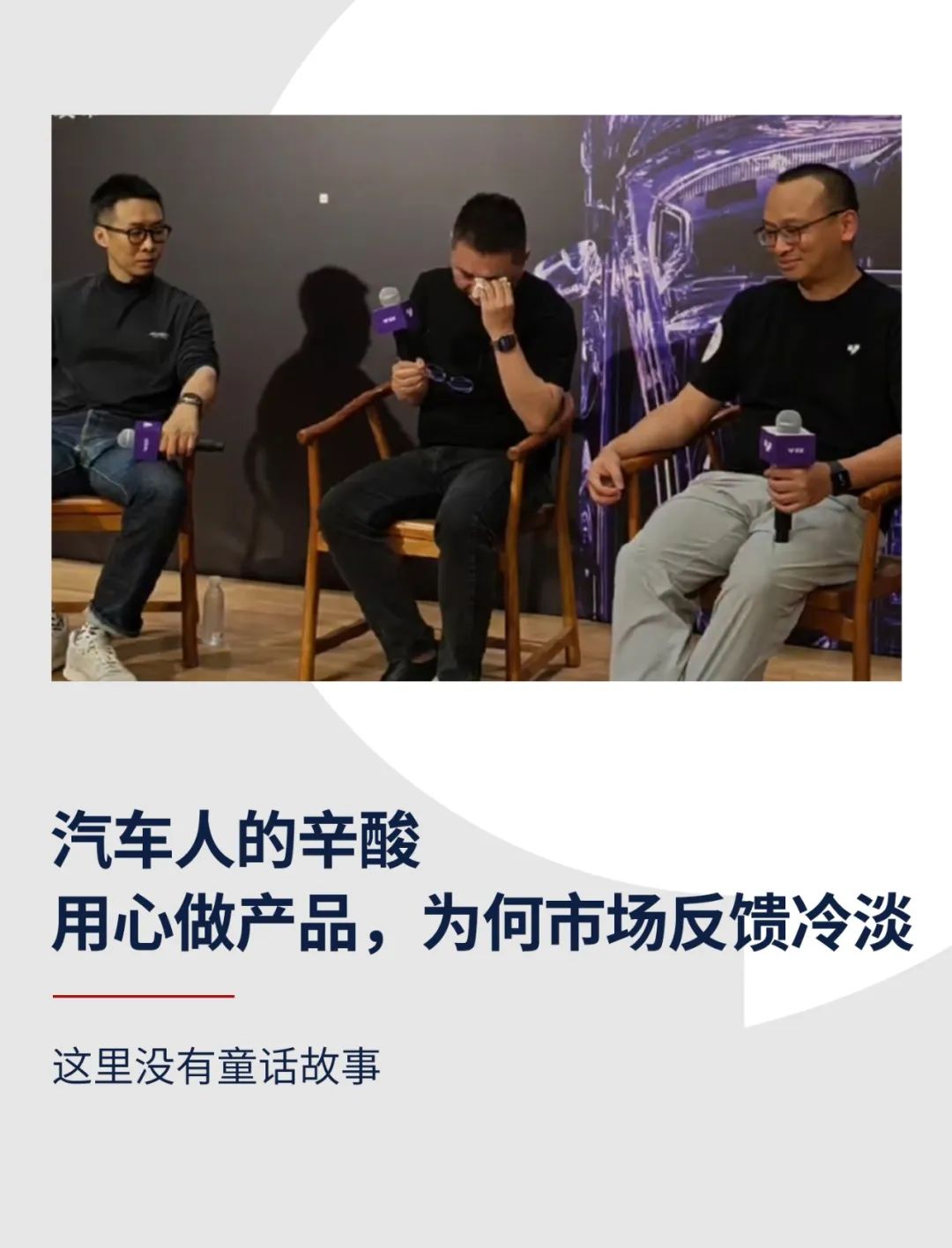
Author | Yang Lu
Editor | Li Guozheng
Produced by | Bangning Studio (gbngzs)
Throughout the journey of China's automobile industry, there have been as many proud smiles as there have been bitter tears. Especially nowadays, fierce competition is everywhere in research and development, production, marketing, and more, forcing automakers to wear masks to survive.
But Xia Yiping is authentic. He shows his true self to others.
Two years ago, JiYue Auto (then called Jidu Auto) officially opened its headquarters in Jiading, Shanghai. CEO Xia Yiping's office was located in a corner of the open office area, side by side with other employees, surrounded by lush greenery that exuded vitality. At that time, JiYue Auto invited ecological partners to witness the opening ceremony and unveiled its first automotive robot, JiYue 01.
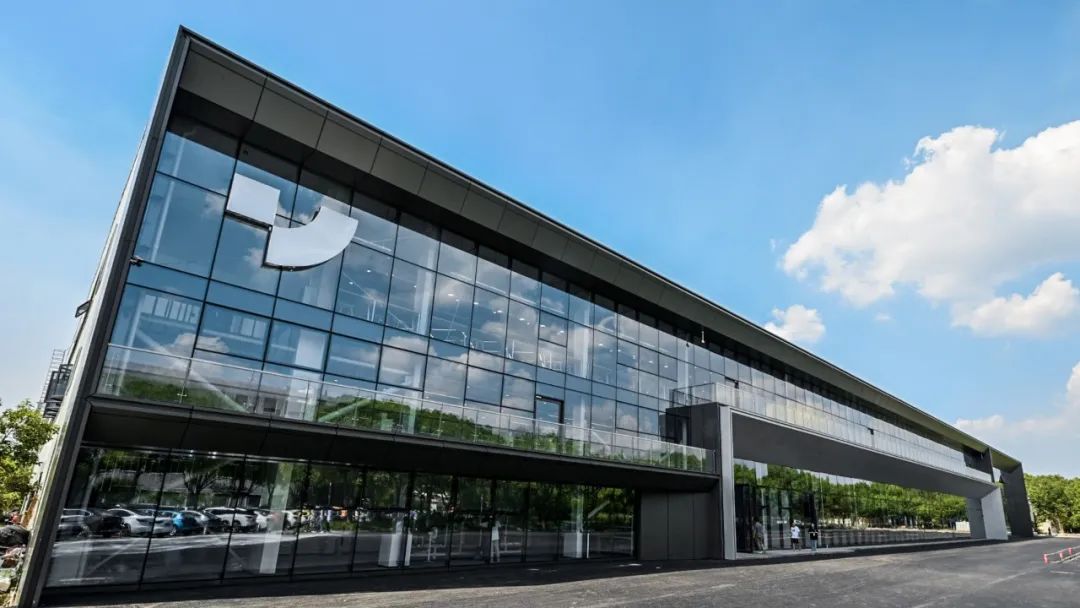
On that occasion, Baidu Chairman Robin Li and Geely Holding Group Chairman Li Shufu sent video speeches, pledging to continue strengthening support for JiYue's research and development efforts and pushing the limits of intelligent experiences.
Later, JiYue 01 was delivered to customers; now, JiYue 07 is about to be launched, but Xia Yiping shed tears.
On August 28th of this year, before the opening of the Chengdu Auto Show, Xia Yiping couldn't help but tear up during a media interview when talking about his entrepreneurial past.
It wasn't sadness about cars themselves but rather the accumulated frustration, vulnerability, and loss within the highly competitive industry, where automakers often feel unheard, ununderstood, and uncared for, with no outlet but to suppress their emotions.
It was at that specific moment that Xia Yiping's long-suppressed emotions burst forth. The ideals he longed to fulfill, the regrets of what he had lost, the accumulated fears, failures, and vulnerabilities, as well as the helpless realities, all came rushing out at once, deeply affecting him.
Since its launch, JiYue's first model, JiYue 01, has sold only hundreds of units per month in the bustling smart car market. It wasn't until July of this year that sales surpassed 1,000 units, and in August, they exceeded 2,000, bringing a glimmer of hope and reward to JiYue and touching Xia Yiping deeply.
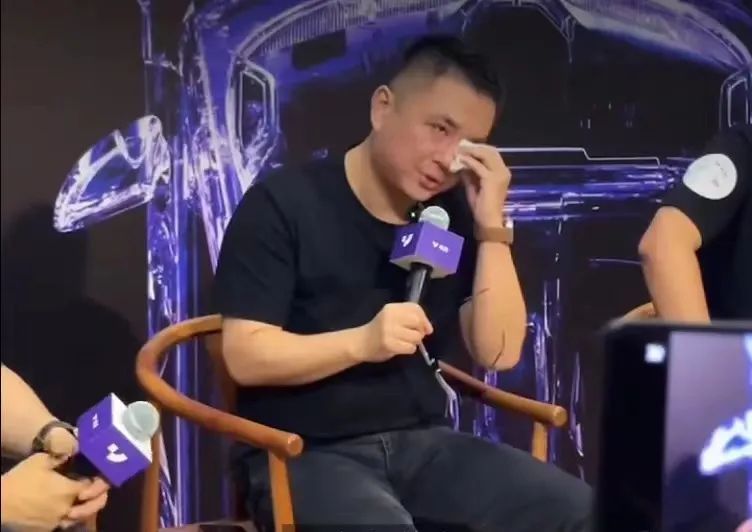
Building a new automotive brand from scratch is no easy feat, especially when JiYue positions itself as an "automotive robot."
In 2017, Robin Li rode in a modified self-driving car on Beijing's Wuhuan Road. It was the first time a self-driving car was seen on Chinese roads, marking the inception of Baidu's concept of the "automotive robot."
Later, the dream of the "automotive robot" became a reality with JiYue, but it wasn't well-received. This was partly due to the niche brand positioning and partly because of doubts about JiYue's product capabilities. Xia Yiping candidly stated, "We sold over 200 units in January (this year) and only 100+ in February. These numbers make me feel terrible. We've put a lot of effort into our products, but the market response has been indifferent."
Faced with such dismal sales figures, one can easily imagine the pressure Xia Yiping faces and the depths of despair he must be in.
Nonetheless, JiYue remains committed to its "automotive robot" strategy.
After enduring hardships, JiYue is finally seeing the light at the end of the tunnel. As intelligent driving gains traction in the market, JiYue, with its focus on high-end intelligent driving, is attracting more consumers.
"When we launched JiYue 01 last October, I didn't sense a strong market response to our intelligent driving capabilities," Xia Yiping said in an interview in Chengdu. "At that time, we were emphasizing intelligence, but it didn't really attract many people interested in that aspect." He continued, "In June this year, we noticed a gradual change. Now, many people are buying our cars specifically for their intelligent driving features."
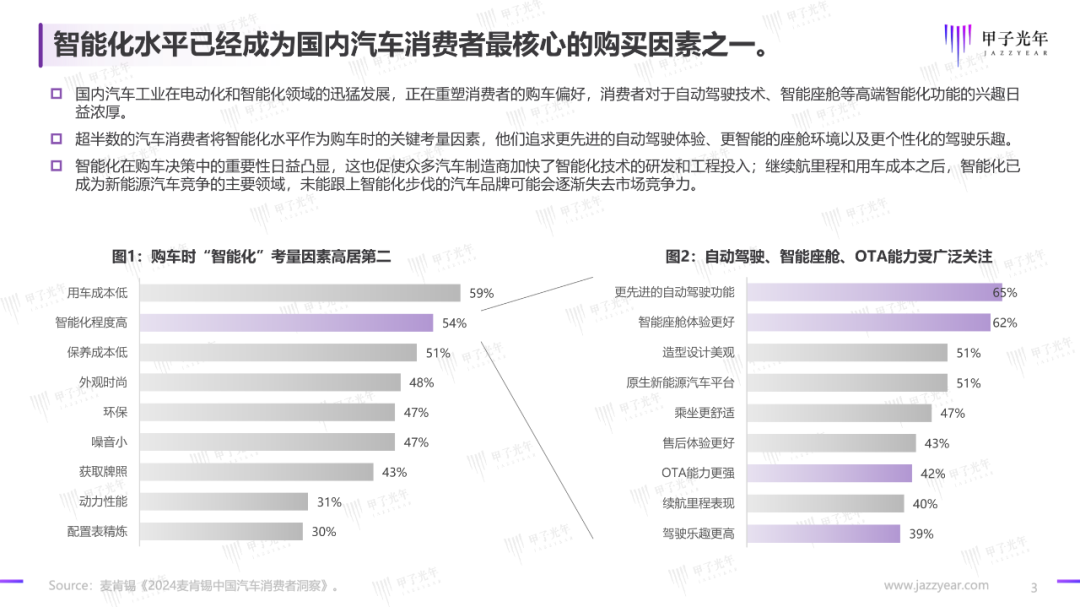
This gives Xia Yiping, who was at a low point, a glimmer of hope.
The automobile business has never been easy, especially in today's fiercely competitive Chinese market. Any deviation in product positioning, financial reserves, production quality, or market competition can be detrimental to entrepreneurs and professionals in this industry.
Despite being established for just over three years, JiYue has faced numerous tumultuous changes.
Firstly, there was a name change from Jidu to JiYue, and the majority shareholder shifted from Baidu to Geely.
In 2021, Baidu partnered with Geely to establish a smart car company, marking Baidu's entry into the automotive industry as a vehicle manufacturer. Later, due to production qualification issues, the two parties swapped equity, ultimately leading to Jidu's withdrawal and the birth of the JiYue brand, with Geely-affiliated entities holding a 65% stake and becoming the majority shareholder.
"The hard switch from Jidu to JiYue and the suspension of all brand promotion resulted in dismal sales in the initial months," said the head of JiYue's public relations department.
Secondly, there is a lack of brand recognition.
Originally, JiYue 01's predecessor, Jidu ROBO, had already released some information. However, when the actual car rolled off the production line, it became a different brand. As a result, consumers initially had no perception of the brand, and many who visited the showroom first asked, "What brand is this?" rather than inquiring about the car itself.
Xia Yiping realized that the internal team had never recognized the low brand recognition of JiYue before. In response, he set new requirements for the sales team: "Customers may not buy a car, but they must leave with a clear understanding of the brand."
Thirdly, there has been a surge in external pressure.
Around the time JiYue Auto was established, Xiaomi announced its entry into the market, and traditional automakers launched new, powerful brands such as IM, ZEEKR, AVATR, and WENJIE, flooding the market with a tide of high-end smart electric vehicle brands. Consumers barely had time to familiarize themselves with one brand before the next one emerged.
Moreover, JiYue 01 didn't have a favorable launch timing. Many other new brands had already launched their models, and by the time JiYue 01 arrived, it lacked revolutionary highlights.
"At that time, many new cars were launched in the industry. Looking back, it was really tough," Xia Yiping recalled. "Our company struggled with sales from the beginning, but the team didn't give up. None of our core team members left because of sales issues."
Xia Yiping has a research and development background. His early experience at Mobike taught him that the internet spirit is about facing users directly. After joining JiYue, he encouraged the automotive product manager team to conduct user research instead of relying on professional agencies, saying, "Send them out to do it themselves. Each person should talk to 1,000 users."
At JiYue, he films videos, does live streams, and participates in automotive marketing with an internet mindset. In February this year, he took over the company's marketing and sales. By the end of May, he began his role as CEO IP, filming 80 videos and conducting two live streams in June, remarking, "Actually, marketing is no easier than research and development."
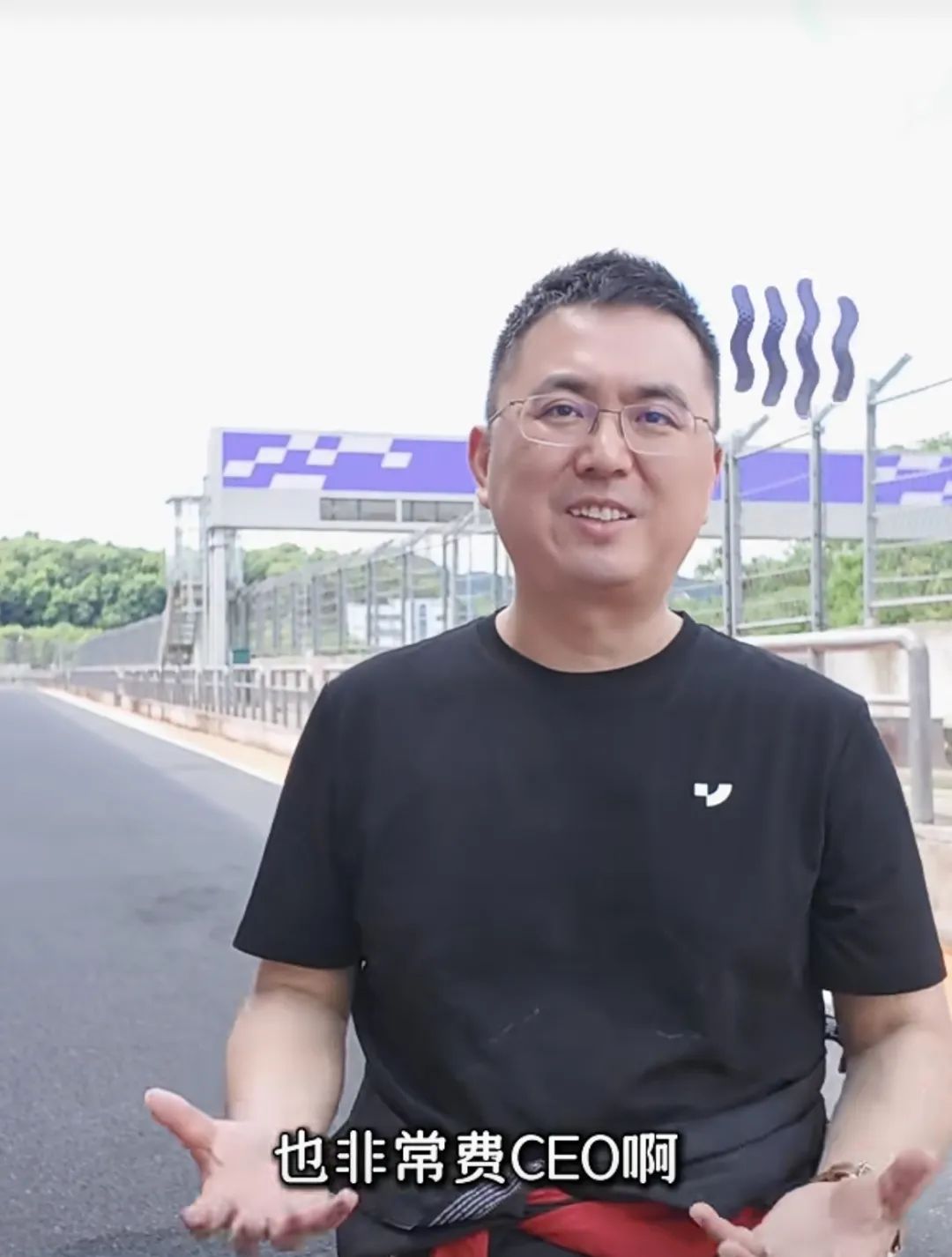
Judging from his past experiences, Xia Yiping is always emotional. When he received an invitation from Mobike's founder Hu Weiwei, he resolutely resigned and joined Mobike to envision the future of the sharing industry. Later, recommended by Ren Xuyang, an early Baidu founder, he I accepted the management almost without hesitation JiYue The Challenge , aligning with his original aspirations.
Today, Xia Yiping is fully responsible for JiYue's development and feels immense pressure, but he believes that with enough effort, opportunities will arise.
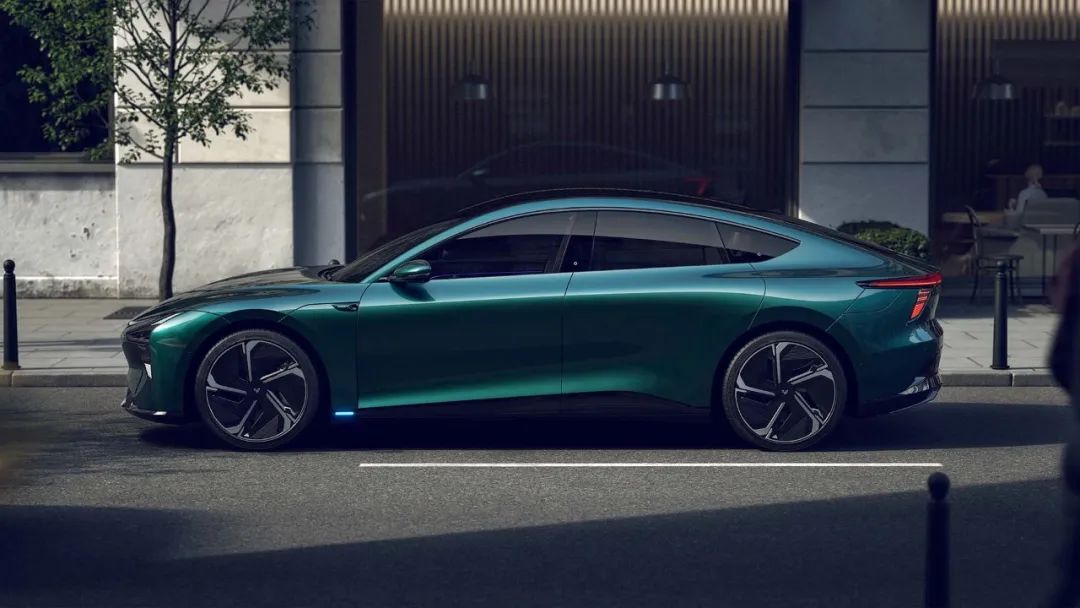
In a few days, on September 10th, JiYue's second model, JiYue 07, will be launched at the Capital Indoor Stadium. Xia Yiping must dry his tears and prepare for the next battle. Whether he will be greeted with smiles or tears remains to be seen.
The current Chinese automotive industry is vast and promising but also has its cruel side. There are no fairy tales here, only the harsh realities of business.
Automakers find themselves in this environment, filled with aspirations and enthusiasm, but most often, they reap countless disappointments, fears, vulnerabilities, and tears. Sadly, business doesn't believe in tears, and automakers cannot indulge in these emotional swings.
Every public display of emotion or late-night sobbing can only serve as a confession to the past and a self-reflection.
Or perhaps, it becomes a belated farewell, allowing onlookers to witness the rise and fall of your story.








